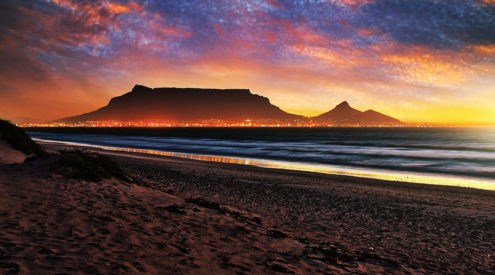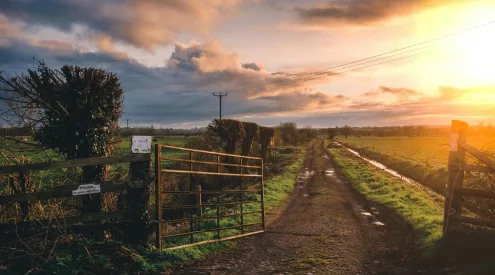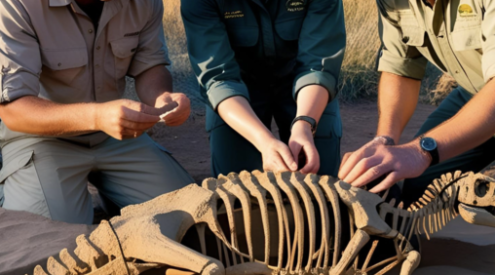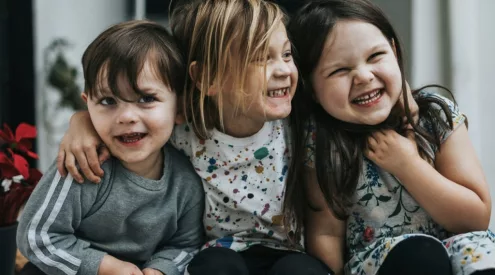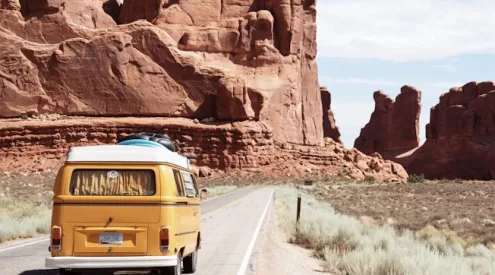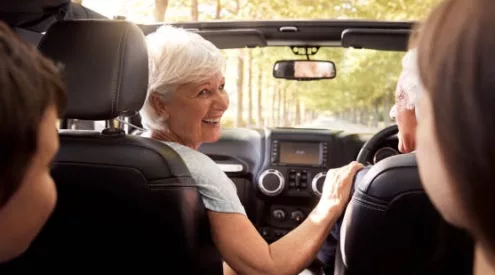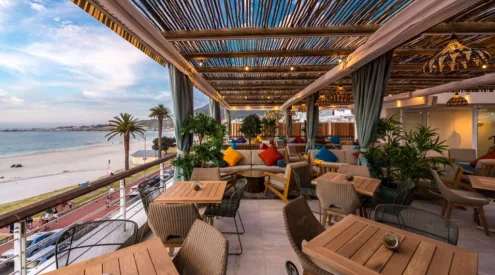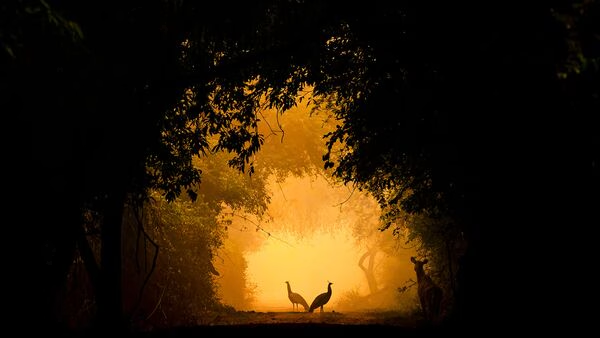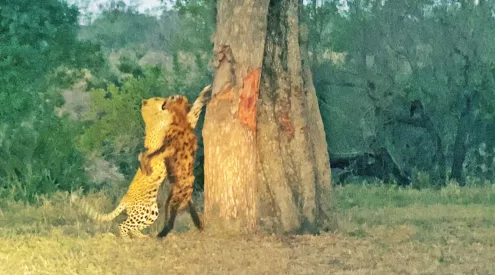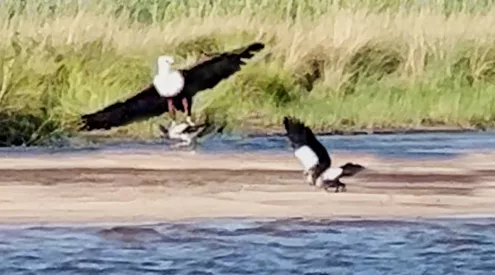Indonesia is the place to be if rough and wild is your kind of holiday. We had some good experiences, and some not so good ones, but the highlight has to be our time in the Tanjung National Park playing with the orangutans.
There’s a narrow road with barely enough space for two cars to pass and a bus driver hooting at every turn. Wild jungle surrounds us, on the left and the right. We dodge scooters and motorbikes galore. Bare footed kids play soccer on the sand, and some kids fly kites. Entire families ride on one motorbike with few wearing helmets. Everyone smiles. Shirtless men hang out together and swap stories. Laundry hangs out to dry at every bend. Slanted rain. Rusting roofs and old jeeps. A van with at least 40 people in the back all wearing triangle hats and smiling. Two or more chairs outside every verandah- some empty, others occupied with an exhausted old man or a kid or a mother. Women working in the fields wearing triangular hats. Piles of perpetual rubbish, polluted cesspool of rivers with a lady bathing in the murky water. Huge fruit plantations. English is sparse and I can feel I’m being watched, which makes me feel vulnerable. Bombarded at the border- Yes, I am married; my husband’s over there. No, thank you. Really, I’m fine!
Cheap hotels and friendly and helpful staff eager to be of assistance. A young man fills in the form, and I love the fact that apparently my country of origin is ‘Africa.’ Never ever toilet paper- just a basin or a bucket filled with water next to the hole, which you scoop up with a scoop to clean and flush with. The Streets are noisy and busy, and its a daunting task to cross the road. The pollution feels like its in my mouth and lungs. I enjoy the safe haven of the hotel… Welcome to Indonesia!
Our first Indonesian city we experienced was Pontianak, Kalimantan. This was a noisy and polluted place which we got out of as fast as we could! We organized a flight to Pangkalan Bun, which is situated south east on the Island. We found a snazzy hotel and started to plan our trip into Tanjung Puting National Park.
Our trip wouldn’t have been possible without the help of a lovely man named Mr Danson. Mr Danson owns a small eco tourism company (Borneo Eco Tour) based in Pangkalan Bun. And so on our first day in Pangkalan Bun we arranged to meet with him to discuss an itinerary, costs and all other details. It cost us $200 each for three days and two nights: all meals and transport included (three times a day we were served a great feast of omellettes, rice, steamed vegetables, tofu, fish and all varieties of fruit. Water, tea and coffee were available all day). Mr Danson’s company organizes everything- the ‘klotok,’ the crew, our own personal cook, and a guide.
A klotok is a houseboat- with an upper deck, covered, with plastic side panels that can be rolled down during a storm. Below is a small kitchen, a bathroom and sleeping place for the crew.
A car picked us up from our hotel and drove us to the jetty in a small town called Kumai. We met our captain, our cook (a young girl from Kumai), another helper and our guide, Muk. Muk is a 24-year old guy from Pangakalan Bun whose been guiding for the past year or so. His English was good and he had plenty to tell us about the park, the orangutans, the rainforest and more.
As we motored out we passed buildings dedicated to the breeding of a special kind of bird. Now, these aren’t just any old singing birds- instead their saliva is collected and sold to the Chinese (who drink it for medicinal purposes). Anyone up for a freshly squeezed glass of bird saliva to accompany your lunch?
Once we turned off from the main waterway, we entered a small river which twisted and turned passing the dense rain forest on either side. A few hours later we arrived at Camp Leakey. This camp (and the other two we visited) was established in the 70s as a rehabilitation center for orangutans once kept in captivity. The orangutans are taught how to live and fend for themselves in the wild. There are also research centers aimed at studying the habits of these amazing creatures. The word ‘orangutan’ comes from the Indonesian word for ‘person’ (orang) and ‘forest’ (hutan). So literally it means ‘person of the forest.’ Orangutans are found only on the islands of Borneo and Sumatra, and at the moment they face extinction- with a heartbreaking 92% decrease in their numbers in just the last century! Their decrease is due to the 75% of Indonesian rainforests that have been destroyed to clear space for palm trees. Due to the decrease in rainforests, these camps are vital for the survival of the species, as they provide once-captive orangutans with the chance of a proper life, and also create public awareness about the possible extinction orangutans face.
We arrived at the camp to find Princess (a female orangutan) with her two children chilling on the dock. To see these animals up close in their natural environment was an extremely special experience for me. To watch the kids play with each other- rolling, tugging and flopping was just incredible. Princess just sits there calmly, while her children crawl on her or tug her hair. I was leaning against the railing and one young orangutan clambered up to me and rubbed his face on my arm, then fiddled with my bracelets. Utterly marvelous!
From my brief experience with these orangutans I found them to be actually quite intelligent, and to possess a natural calmness and inquisitiveness that I haven’t seen in other animals. But most wonderful are the young ones, who are just adorable! The males are territorial and the older they get the bigger their ‘cheekpads’ get (due to testosterone). We were lucky enough to meet Tom- the kingpin of this area of the forest. And if I was a male orangutan, I would not want to get on the wrong side of him. He is huge! Apparently he shows up at the camp whenever he feels like it, and if there are no bananas left- he is guaranteed to throw a fit! For us, thankfully, he was in a good mood. It was fun to watch him try to crack open a coconut and later to watch as he let one of the young orangutans have a drink from the coconut.
As an example of their intelligence- we were on the boat and the captain threw a rope to the dock- Princess comes along and takes hold of the rope attached to the dock and starts to pull the boat in because she wants bananas! It was such a funny sight. She also knows some basic sign language. Another funny example- we were walking back from the feeding station, in the pouring rain, when we came across an orangutan sitting on the ground with one of his arms pulling a branch over his head- he was using the leaves as an umbrella to protect himself from the rain- so cute!
Another primate we saw amongst the tree tops was the proboscis monkey. They are funny animals with a long, drooping nose. They stay hidden in the forest until about 16h30 after which they make their appearance along the water’s edge.
On one of the days we went trekking through the rainforest. It was more like a swamp so we had to walk on planks. I was happily going about my business when my left leg misjudged the width of the plank and it went straight down into the swamp. So there I was- squatting with my right leg on the plank and my left leg, hip deep in mud, leaves and whatever else. My friend, Jan, immediately took this as an opportunity for a ‘jungle photo shoot’ while I stood there laughing at the hilarity of the situation. A word of advice: never wear white shorts in a jungle because no matter how long you soak them, they will never be white again.
On the last day we visited a small village with a population of about 600. It was fun to sit on their porches while we waited for the rain to make up its mind. The wooden houses are positioned on either side of the central water channel which is used for bathing, washing and transporting goods. Cows, ducks, dogs and chickens freely roam the road. Seeing the simple way these people live, without the excess of material wealth, food or other unnecessary things; made me ashamed of my life and the times when I have wanted more and didn’t appreciate what I already had. The people I have met here are simply living their lives without wanting more and at the same time are extremely grateful for all that they have. And, on top of this I have never received as many smiles as I have in the past four weeks, they just don’t stop!
Living aboard a houseboat for three days was just spectacular, away from noise, air and technology pollution. There was nowhere to be and nothing in particular to do but just enjoy the scenery and sounds around us. We played scrabble, and at night we slept under a mosquito net with frogs croaking, monkeys chattering and the odd bird the only sounds we could hear. This experience will stay with me for a very long time, and I hope to return here again one day.
Contact information for the klotok experience:
Borneo Eco Adventure Tour
Mr. Peltana Danson
Tel 053-225-386, email [email protected], [email protected], www.borneoecotour.com

